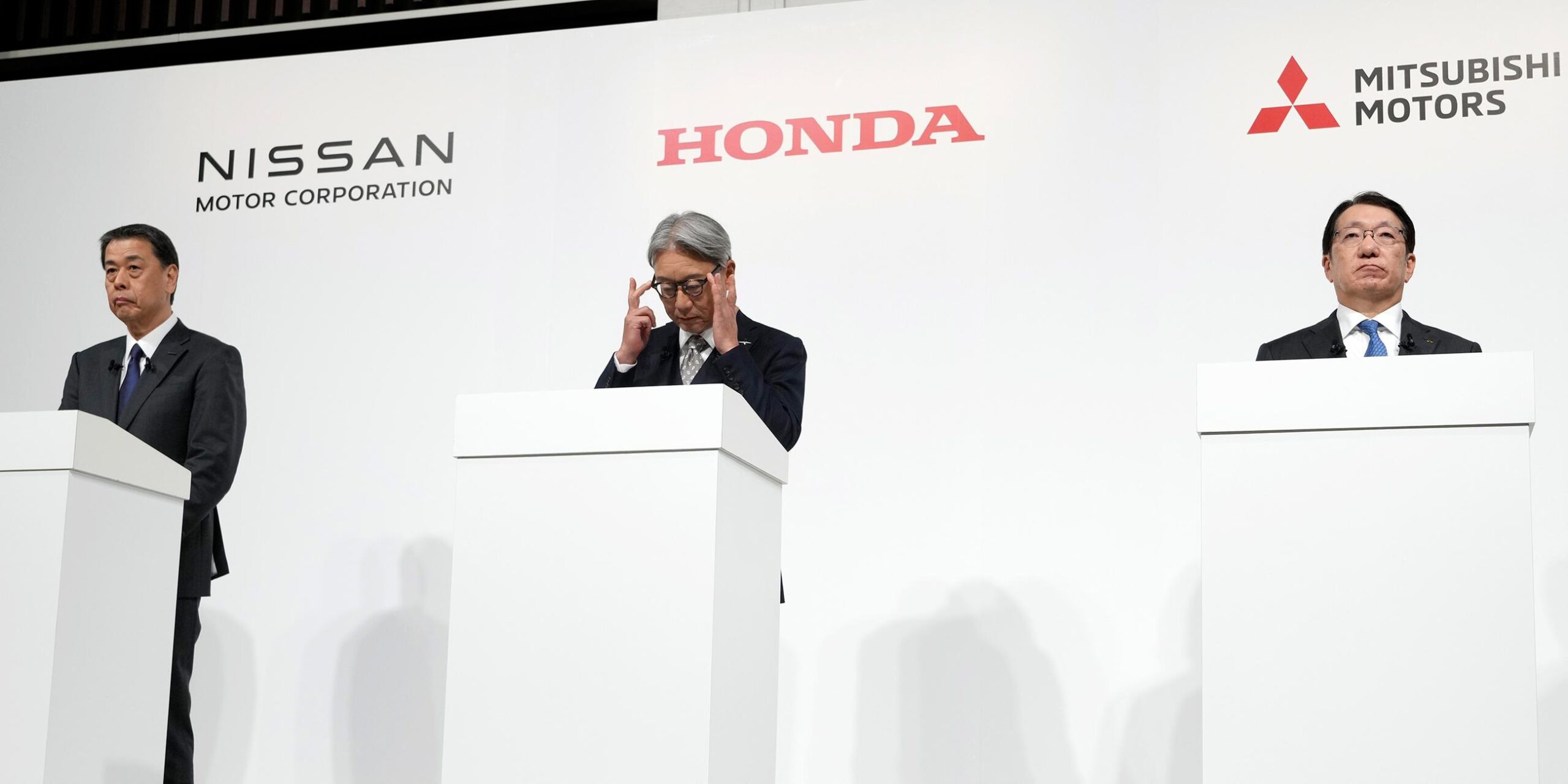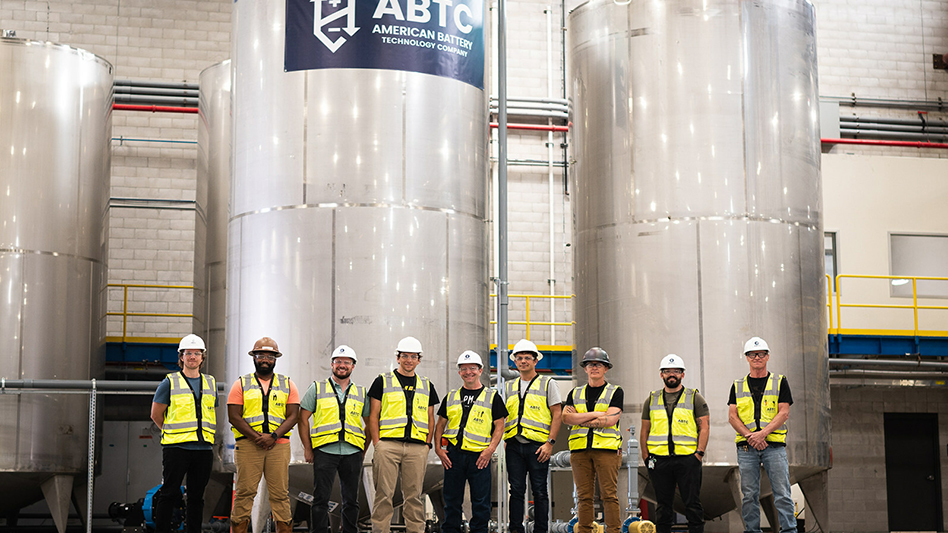Northvolt, a leading Swedish battery manufacturer, has finalized its plans to construct a state-of-the-art battery factory in Heide, Germany. This decision is expected to create new job opportunities and numerous employment prospects within the supply chain.
Improving Employment Opportunities and the Economy
The construction of this battery factory is expected to have a profound impact on the local economy as well as the wider German industry. With plans to create 3,000 new jobs at the factory itself, Northvolt aims to contribute significantly to the region’s employment opportunities. Additionally, thousands of additional jobs are expected to be generated within the suppliers and service providers’ networks associated with the factory.
This decision by Northvolt comes as a much-needed boost for the job market, especially considering the recent economic challenges faced by many nations, while also securing battery supply in Europe. The manufacturing of batteries for EVs is a crucial aspect of the electric mobility ecosystem, and this investment provides an opportunity for Germany to strengthen its position in this rapidly expanding industry.
Taking Green Power and Sustainability Seriously
Heide in Schleswig-Holstein, Germany, has long been known for its green power grid, making it an ideal location for Northvolt’s battery factory. The abundant availability of renewable energy resources, particularly wind energy, in the region aligns perfectly with the goal of producing sustainable battery cells for electric cars. With Northvolt’s commitment to utilizing this green energy, the factory will contribute to a cleaner and greener future for the automotive industry.
By choosing Heide, Northvolt also demonstrates its dedication to reducing the carbon footprint associated with the production of batteries. By relying on renewable sources of energy, the factory will significantly minimize its environmental impact, supporting the broader vision of a sustainable and eco-friendly transportation sector.
Powering Electric Mobility and Meeting Demand
Northvolt’s decision to build a factory in Heide positions the company at the forefront of the industry, enabling it to meet the growing market demands in Germany and Europe effectively. By leveraging advanced technologies and efficient manufacturing processes, Northvolt aims to produce battery cells that meet the stringent requirements of automotive manufacturers.
Northvolt serves a growing number of clients in the electric vehicle industry, including industry heavyweights such as Scania, Volkswagen, and BMW. These partnerships underscore the company’s commitment to delivering reliable and sustainable battery solutions to support the electrification of transportation. As the battery factory in Heide gears up for production, it is expected to manufacture batteries that can power anywhere between 800,000 and a million EVs annually.
Subsidies and European Collaboration
Recognizing the significance of this investment, the European Union (EU) has approved state subsidies totaling 902 million euros for Northvolt’s battery factory. These funds will support the construction, development, and operational expenses of the facility. This financial backing from the EU highlights the importance of encouraging sustainable energy production and promoting the European battery industry to compete on a global scale.
Future Investment for the Battery Industry in Europe
Northvolt’s decision to build a battery factory in Heide marks a significant milestone in the pursuit of sustainable energy and electric mobility. With job creation, sustainability, and technological advancements at its core, this investment promises to have a transformative impact on the automotive industry and the German economy as a whole.
With the EU’s support and collaboration between key industry players, the future looks promising for the battery industry in Europe. As Northvolt begins construction and prepares for production, it paves the way for a cleaner, greener, and more sustainable transportation sector, revolutionizing the way we commute and setting the stage for a future powered by electricity.
Reference: Tagesschau





